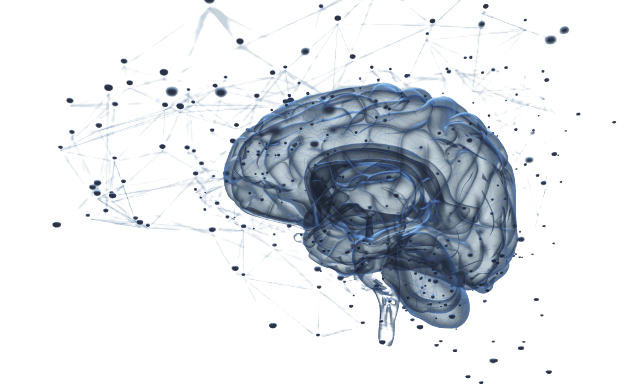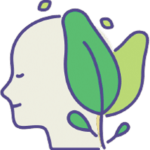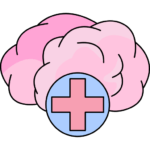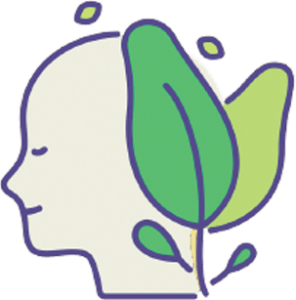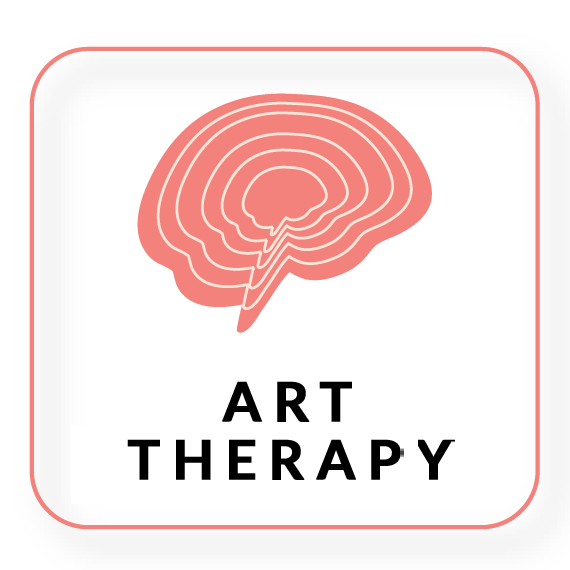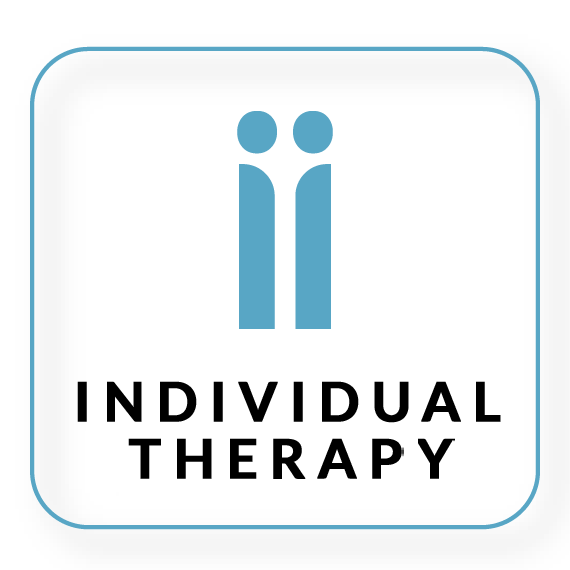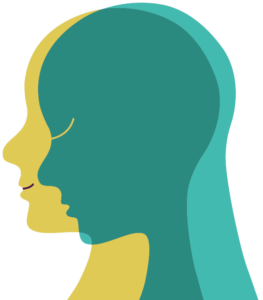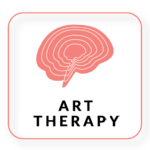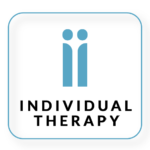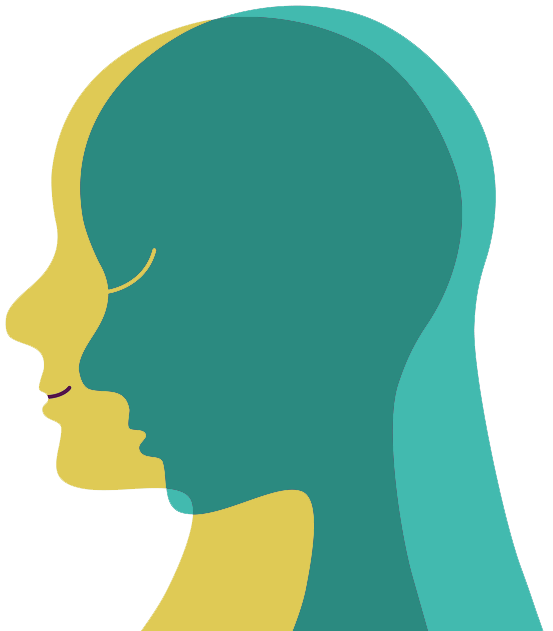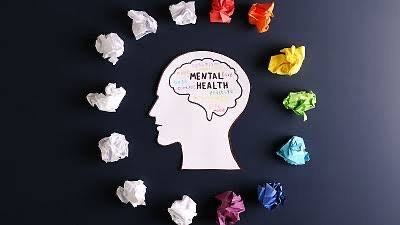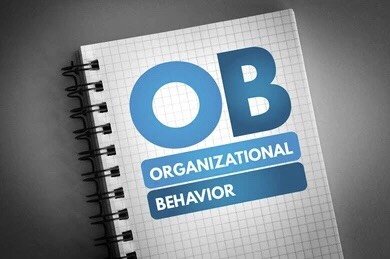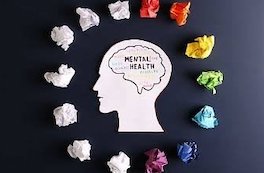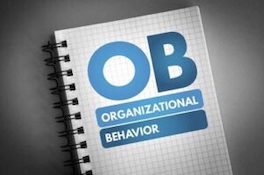50% of Mental Illness begins by the Age
of 14,
75% begins by the Age of 24
All Your Mental Fitness Needs Under One Roof

Now In India - Mendi Headband
50% of Mental Illness begins by the Age
of 14,
75% begins by the Age of 24
All Your Mental Fitness Needs Under One Roof
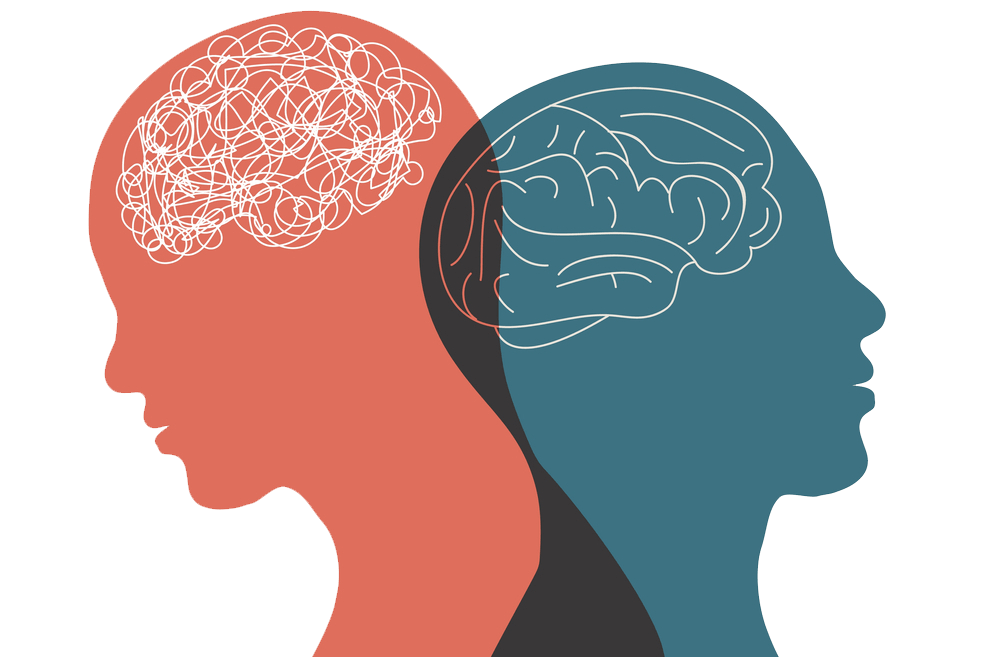
YOUR MENTAL WELL BEING IS OUR TOP AND ONLY PRIORITY
YOUR SAFE SPACE - CONFIDENTIAL AND SECURE
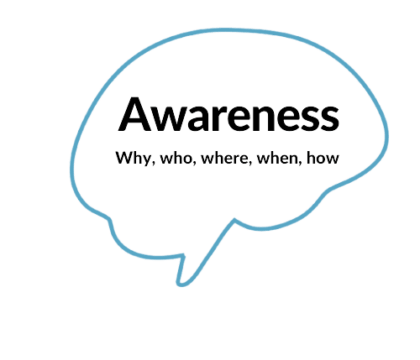
-
Understand yourself
-
Know how to get help
-
Know who can help
-
Understand the latest tools & techniques available to support mental health
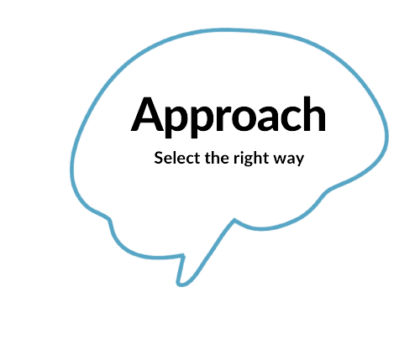
Make your choice – self development / therapy
Choose the medium – online / offline
Choose the best combination that works for you
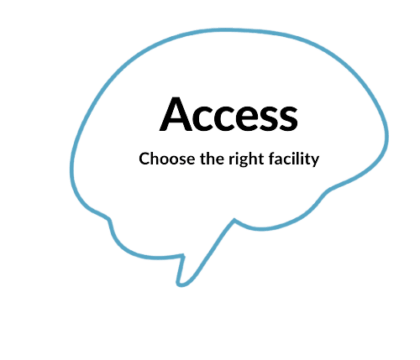
Domain specialised Psychologists
Seamless access to Facility Partners
Services, Products & Tools; assessment scales for Psychodiagnostics
Join MiindGym
MiindGym - How it works
- Train with your Miind Coach
- Monthly themes on self development
- Weekly video sessions on zoom
- Twice a week activity by Miind Coach
- Masked WhatsApp group
YOUR MENTAL WELL BEING IS OUR TOP AND ONLY PRIORITY
YOUR SAFE SPACE - CONFIDENTIAL AND SECURE
YOUR MENTAL WELL BEING IS OUR TOP AND ONLY PRIORITY
YOUR SAFE SPACE – CONFIDENTIAL & SECURE

-
Understand yourself
-
Know how to get help
-
Know who can help
-
Understand the latest tools & techniques available to support mental health

Make your choice – self development / therapy
Choose the medium online / offline
Choose the best combination that works for you

Domain specialised Psychologists
Seamless access to Facility Partners
Services, Products & Tools; assessment scales for Psychodiagnostics
YOUR MENTAL WELL BEING IS OUR TOP AND ONLY PRIORITY
YOUR SAFE SPACE – CONFIDENTIAL & SECURE
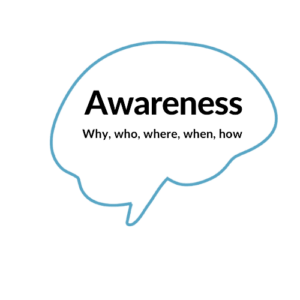
- Understand yourself
- Know how to get help
- Know who can help
- Understand the latest tools & techniques available to support mental health
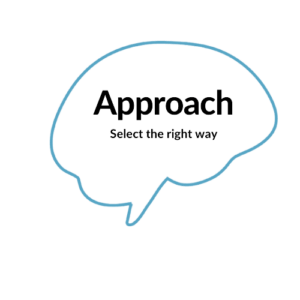
- Make your choice – self development / therapy
- Choose the medium online / offline
- Choose the best combination that works for you
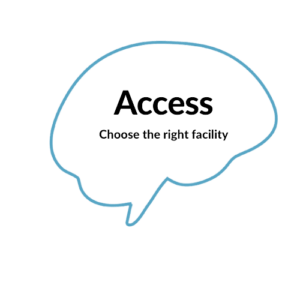
- Domain specialised Psychologists
- Seamless access to Facility Partners
- Services, Products & Tools; assessment scales for Psychodiagnostics
We are a Queer Affirmative Organisation
Start your Journey today towards a better version of yourself by choosing the right expert
We Connect You With Our
TEE Experts
Trusted, Efficacious and Ethical
Mental Health Professionals
Start your Journey today towards a better version of yourself by choosing the right expert
We Connect You With Our
TEE Experts
Trusted, Efficacious and Ethical
Mental Health Professionals
Segment Specific Offerings

Corporates
• Assessments - Hiring, Fitment
• Training & Development
•Wellness Programs

Academic Institutes
• Age Appropriate Systematic
Development Program & Workshops
•Career Aptitude & Vocational Interest
•Concerns by Age Groups
Segment Specific Offerings

Corporates
• Assessments - Hiring, Fitment
• Training & Development
• Wellness Programs

Academic Institutes
• Age Appropriate Systematic
Development Program & Workshops
• Career Aptitude & Vocational Interest
• Concerns by Age Groups
Other Services

Workshops
Train your Miind to tilt towards more positive thinking with Miind My Miind specially designed workshops.
Click here for upcoming workshops!

Support Groups
Miind My Miind Support groups are a safe space to speak, be heard, be understood, be guided, be encouraged.
JOIN US TODAY!
Articles & Blogs on Mental Health and Fitness
Articles & Blogs on Mental Health and Fitness
Our Partners
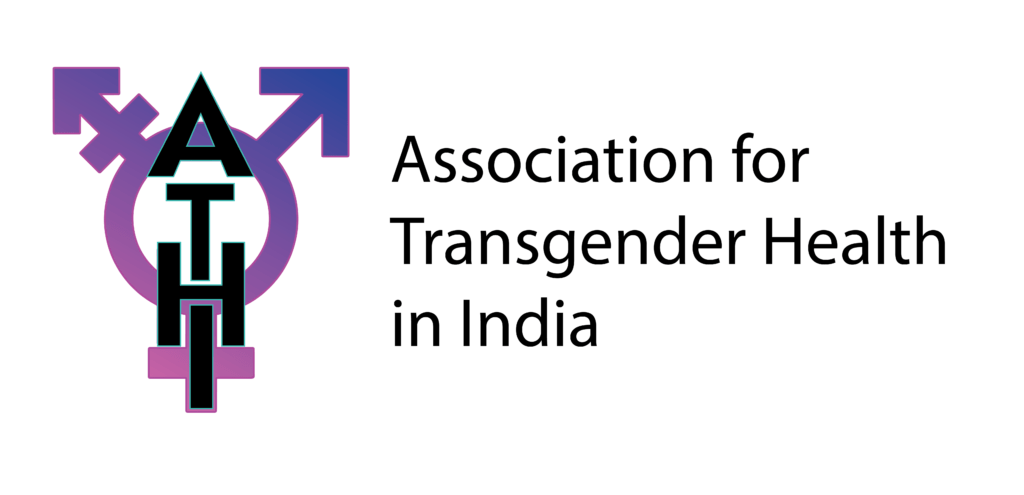


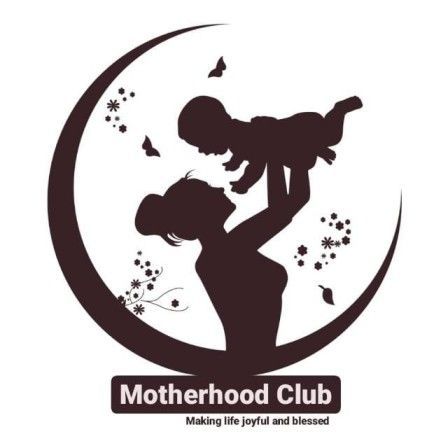
Our Partners

social | mental | support

HR solutions

Testing software for
behavioral health professionals

Nurturing the Nurturer



